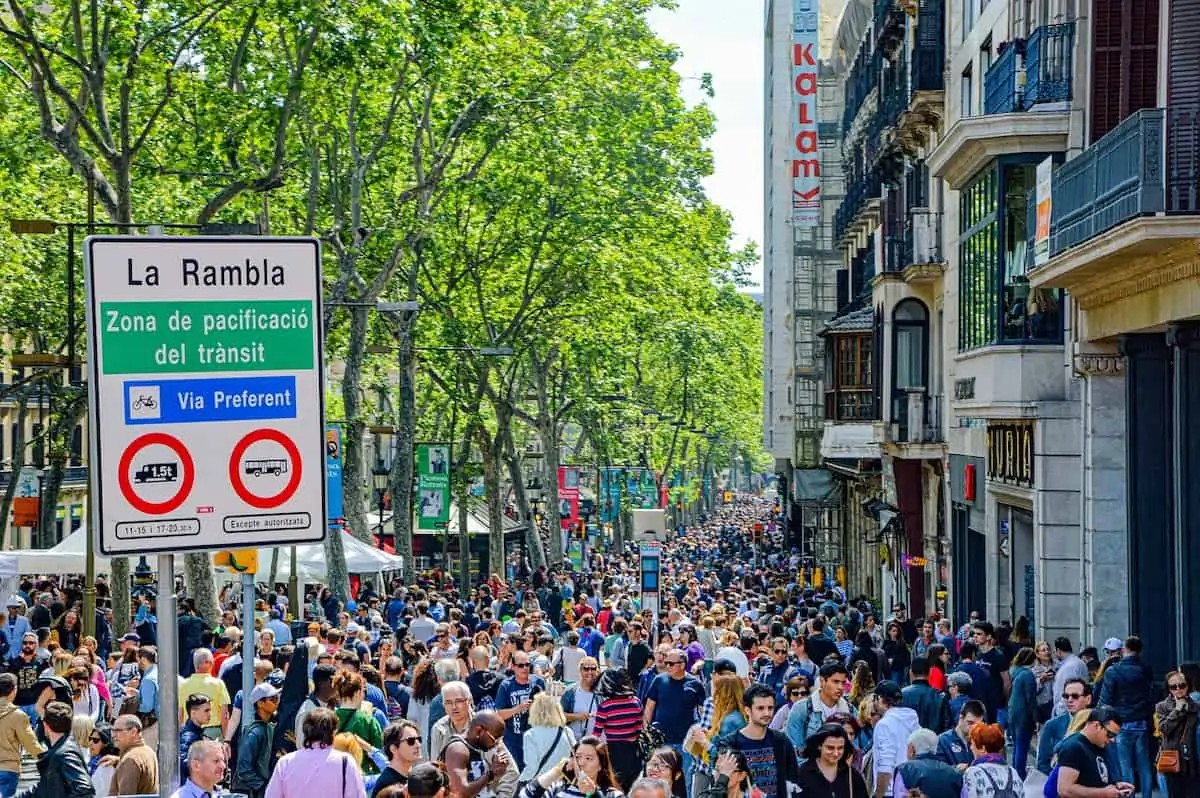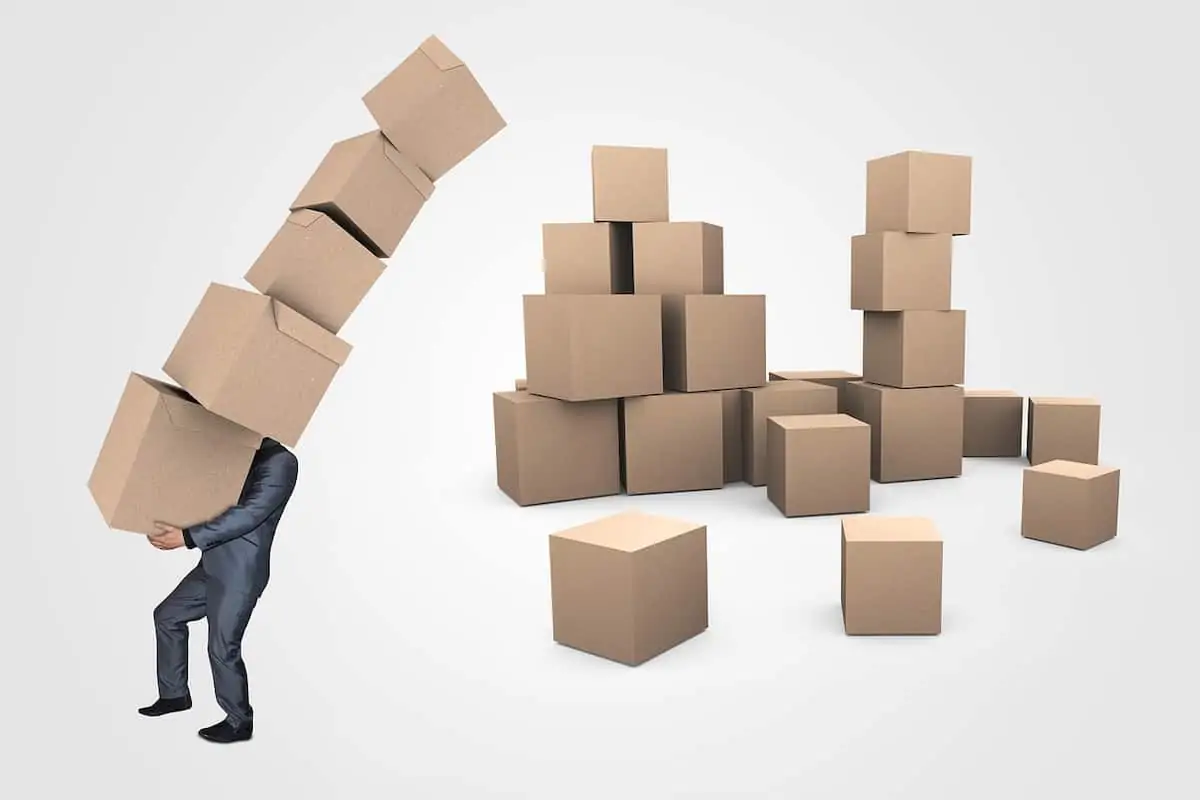Black Friday is almost here!
Retailers have been anticipating and preparing for this over the last year. It has become the biggest online shopping period of the entire year with expectations for exponential growth over last year.
Further this period is so dramatically busier than at any other time of the year that it has an absolutely enormous impact on the Supply Chain of these companies.
In fact the readiness of the Supply Chain can make or break the success of Black Friday for most any company.
Continue reading “Last Minute Supply Chain Preparation for Black Friday!”

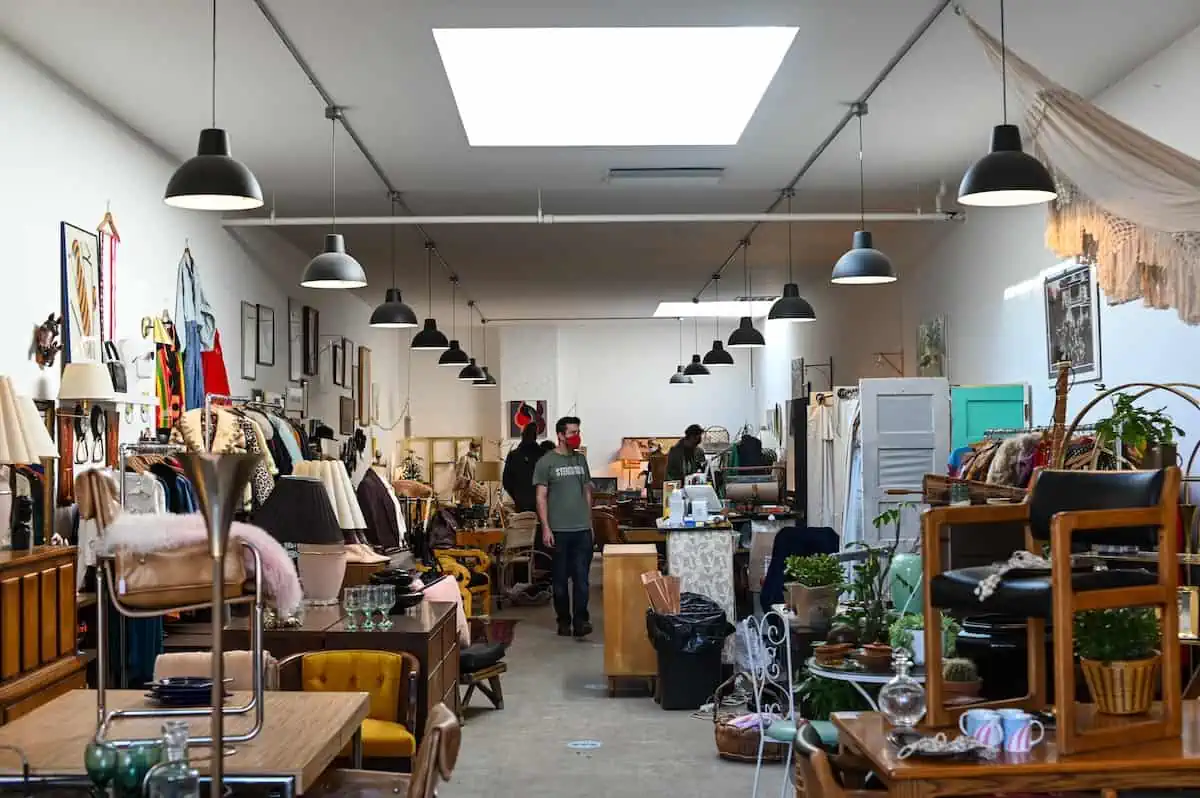
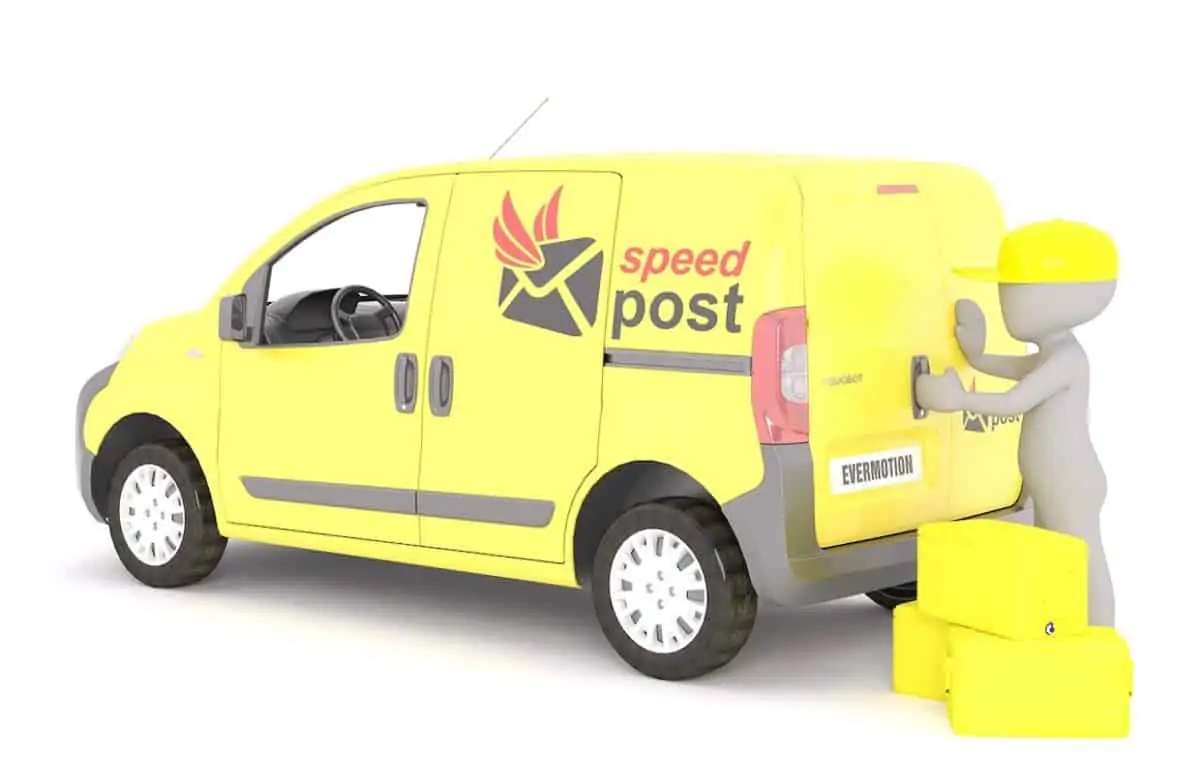



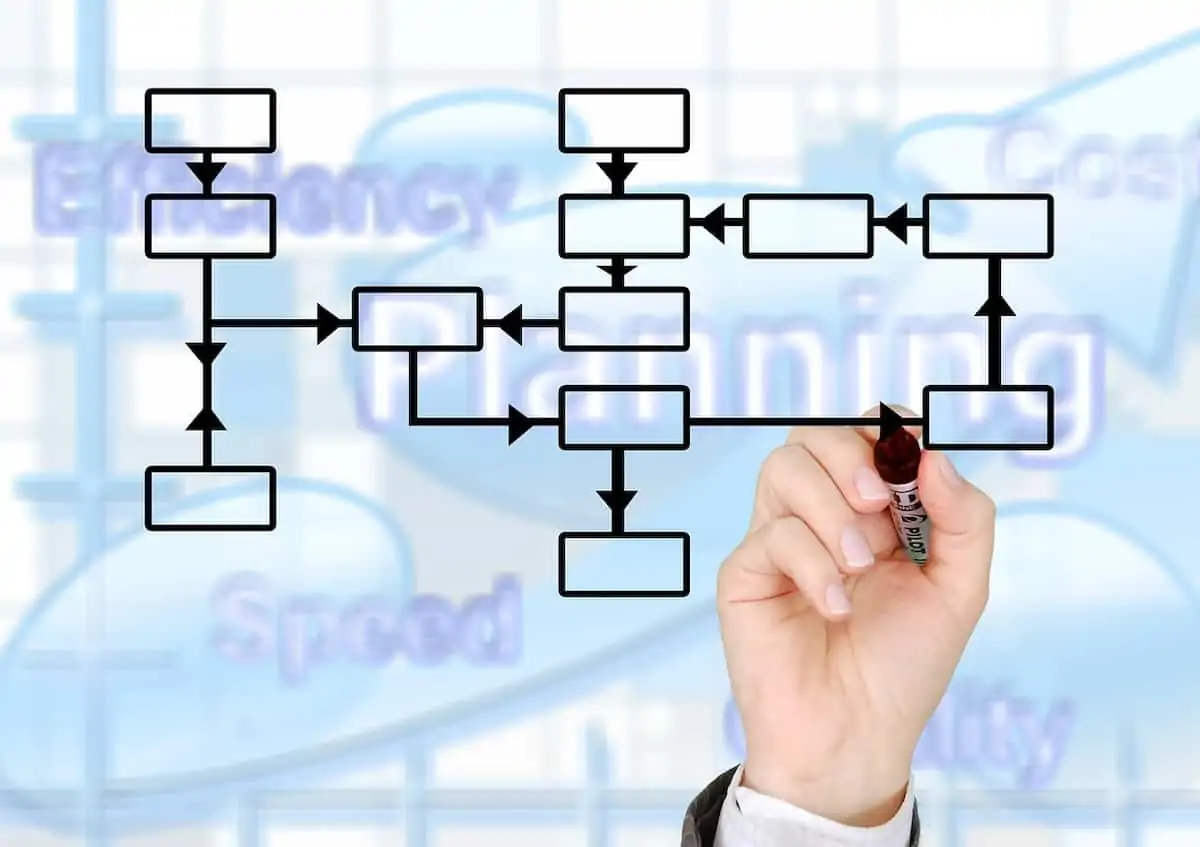
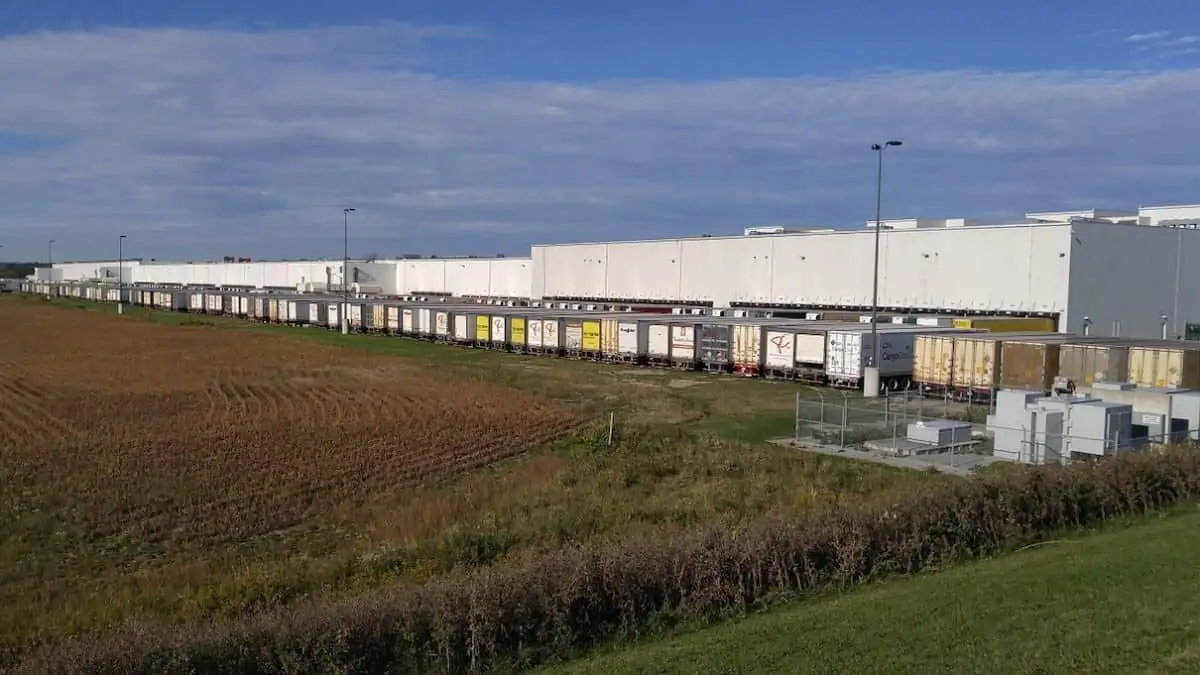
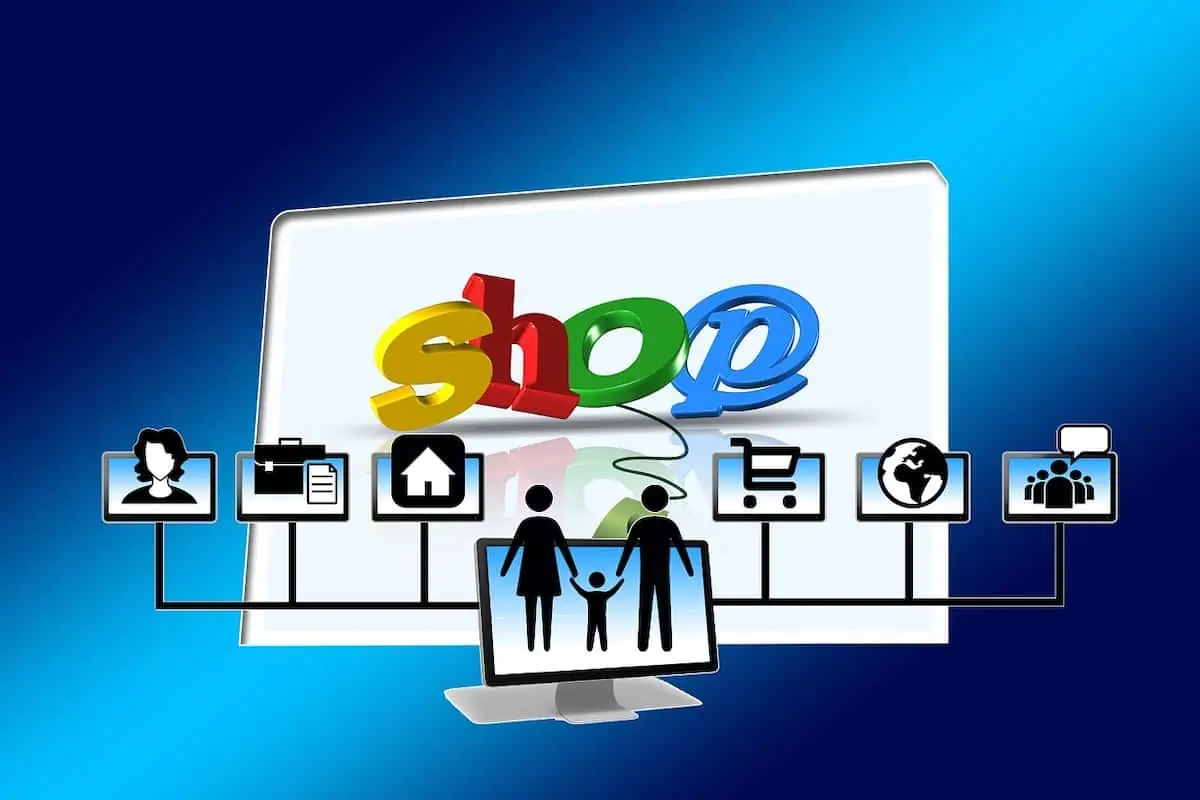
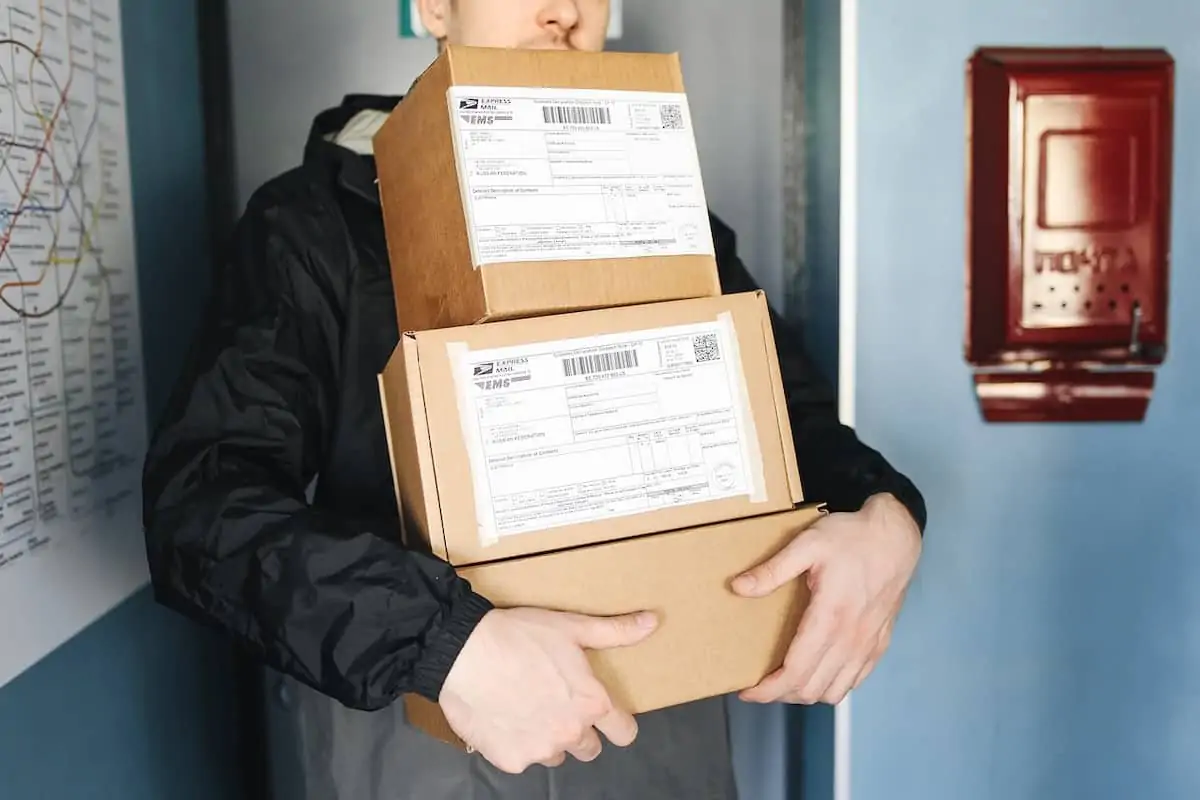
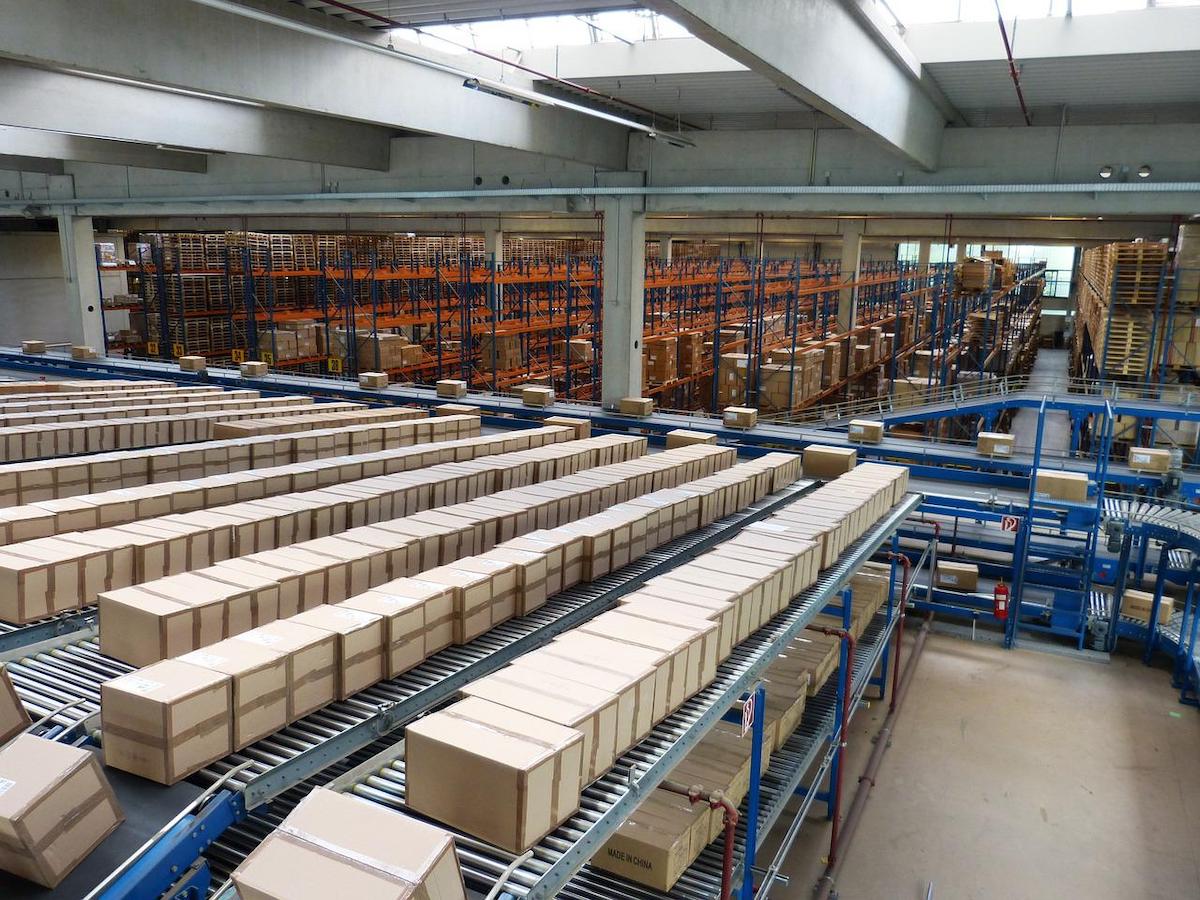
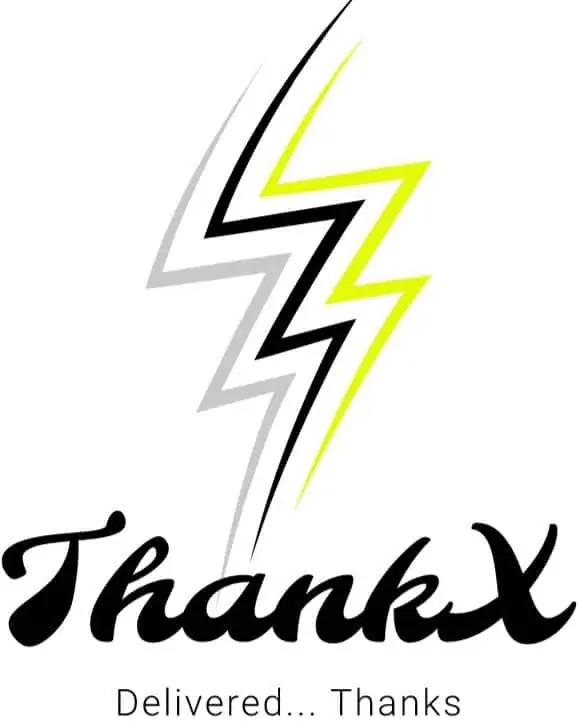

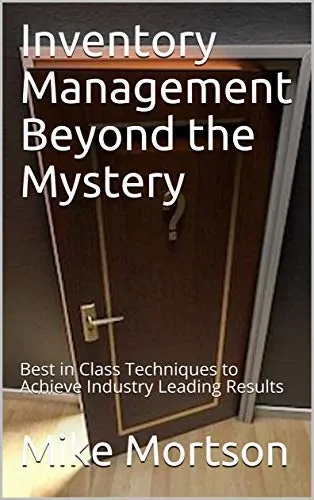 EBOOK HERE
EBOOK HERE